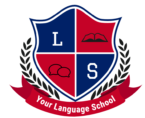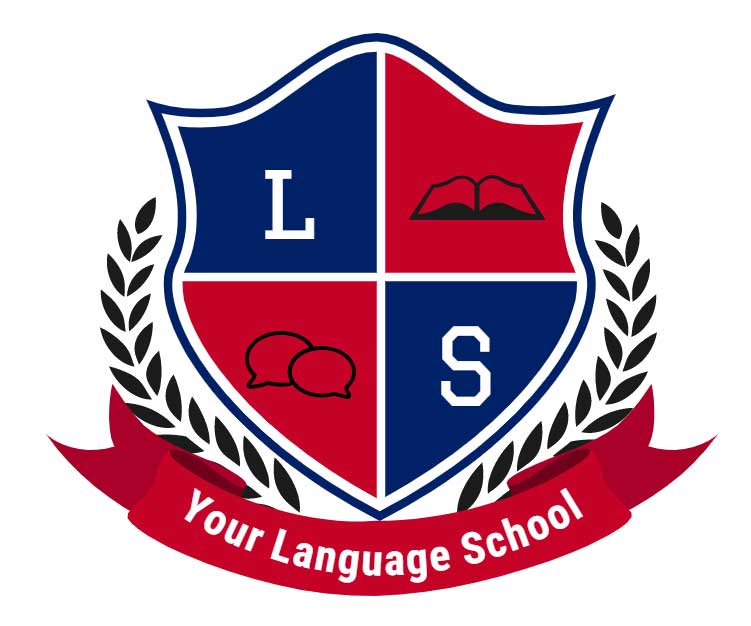One of the language skills that some learners struggle with is writing. Especially if what is required is a graded submission, some students find it challenging and intimidating to organise their ideas, incorporate research, and compose a well-written piece that shall merit a high mark. There are also some learners who are just more comfortable and confident sharing their insights orally than by putting them in writing.
Writing, however, is an essential language skill that anyone, especially language learners and aspiring students, must acquire and develop. It is a vital part of communication that measures not only how well a person knows and uses the language, but also how effectively he or she organises ideas and constructs arguments to deliver a point. Precisely, this is the reason why the academic and professional worlds require good writing skills among candidates; having this skill means having many other competencies such as organisation and critical thinking, just to name a few.
There is nothing to be intimidated about writing! Below are top five tips, which will surely help anyone become a clear, convincing, and skillful writer.
Make an outline.
An outline helps organise the writer’s ideas and makes sure that the piece will have a clear and logical flow. As an outline is prepared before the writing proper, it ensures that your would-be composition will contain all the necessary details, including the main idea of the essay and supporting details for each of the points or arguments. Apart from this, an outline, essentially, serves as the writer’s guide so that these details are introduced logically, keeping the work clear and well-organised.
Be concise.
To make sure that your readers understand the message you are trying to convey in your writing, it is important that you use concise words. Avoid beating around the bush in trying to make your work lengthy. Long is not necessarily better; keeping it short, simple, and concise is still the way to go, in order for your readers to clearly get your point and not get lost into your writing.
Avoid “tired” words.
In relation to the previous tip, a written work that has a strong word choice does not only entail the usage of concise words but also the non-use of “tired” words, or words that are so overused and thus tend to make a writing vague and dull. For example, instead of using the tired word ‘nice’ to describe a beautiful scenery, you can opt to use more specific and emotion-evoking words such as ‘breathtaking’, ‘captivating’, or ‘spectacular’. For this tip, a thesaurus would especially come in handy, but of course, you have to be careful in choosing synonyms that are appropriate for the context of what you are writing.
Use transitional devices.
Transitional devices are words or phrases that are used as sentence starters to seamlessly connect sentences with one another. Examples of transitional devices are ‘Next’, ‘After that’, or ‘Finally’ when trying to explain a process, ‘However’ and ‘Nevertheless’ when connecting sentences that are introducing contradicting points, or ‘In addition’, ‘Furthermore’, and ‘Additionally’ when presenting supporting details or examples. These words are good to use especially in long essays to help in achieving sentence fluency in the piece; they help prevent your sentences from sounding robotic when read. Apart from this, transitional devices also effectively guide the reader into and through your written piece.
Proofread.
Lastly, when you are done writing your piece, do not click “Submit” just yet. Check for spelling, grammatical, and punctuation errors. Check, too, if the main idea of your work is well supported by the rest of the sentences in the piece. If there are redundant words and confusing sentences, make sure to revise those as well. While it is acknowledged that some writers skip this step, oftentimes due to time constraints, proofreading is nonetheless an essential part of effective writing and must not be disregarded. Thus, as a writer, you should allot sufficient time for at least one run-through for proofreading.
Are you ready to become an effective writer? Make sure to follow these tips, and you will be a stellar writer in no time!
If you want more tips and would want to further improve your writing skills, our English classes at Your Language School can most definitely help you with that. Give us a call or send us a message to enquire.




